Search
Remove Ads
Advertisement
Search Results

Definition
Sisyphus
Sisyphus (or Sisyphos) is a figure from Greek mythology. He was king of Corinth and became infamous for his general trickery when he twice cheated death. Sisyphus ultimately got his comeuppance when Zeus dealt him the eternal punishment of...

Definition
Atalanta - The Huntress of Greek Mythology
Atalanta is a figure from Greek mythology famed as a huntress, wrestler, and runner. The heroine was a key participant in the Calydonian boar hunt, striking the first wound in this fearsome beast with her bow. Long-determined to remain a...
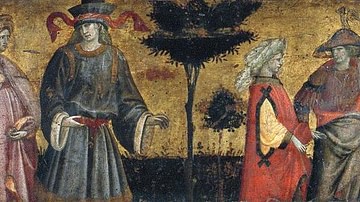
Definition
Courtly Love
Courtly Love (Amour Courtois) refers to an innovative literary genre of poetry of the High Middle Ages (1000-1300 CE) which elevated the position of women in society and established the motifs of the romance genre recognizable in the present...
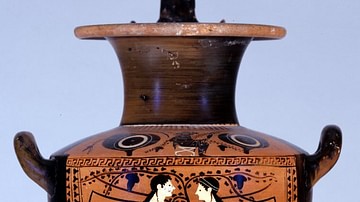
Definition
Ancient Greek Pottery
Greek pottery has four main types: Geometric, Corinthian, Athenian Black-figure, and Athenian red-figure pottery. Pottery vessels were made for everyday use such as the two-handled amphora for storage, the single-stem kylix cup for drinking...
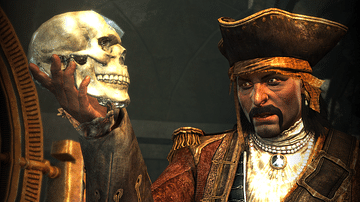
Definition
Bartholomew Roberts
Bartholomew Roberts, aka 'Black Bart' Roberts (c. 1682-1722), was a Welsh pirate and one of the most successful villains of the Golden Age of Piracy. Roberts plundered over 400 ships on both sides of the Atlantic during his infamous three-year...
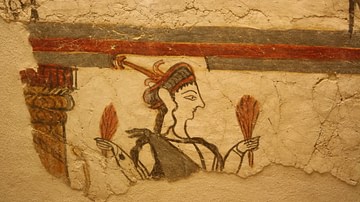
Definition
Mycenaean Society
Mycenaean society was strictly hierarchical, valued family lineage, and awarded higher social status to those involved with religious or military activities and palatial administration. The lower classes contained craftsmen and artisans who...
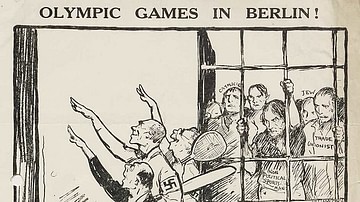
Image
Cartoon Depicting Nazi Sportsmen Destroying the Olympic Spirit (1935)
A political cartoon depicting Nazi sportsmen destroying the Olympic spirit in Germany prior to the 1936 Berlin Olympic Games. Cartoon by John Henry Amshewitz published by the British Non-Sectarian Anti-Nazi Council in 1935.
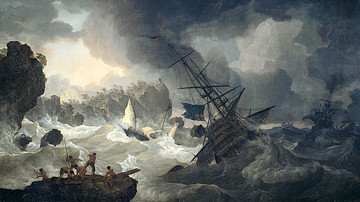
Article
Top 5 'Deep-Dive' Virtual Shipwrecks
According to UNESCO, an estimated three million shipwrecks are scattered in the oceans’ deep canyons, trenches, and coral reefs and remain undiscovered. These shipwrecks preserve historical information and provide clues about how people lived...
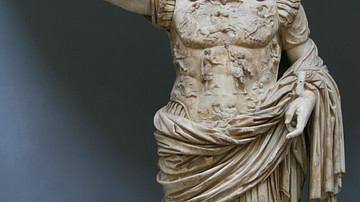
Article
Augustus' Political, Social, & Moral Reforms
Augustus is well known for being the first Emperor of Rome, but even more than that, for being a self-proclaimed “Restorer of the Republic.” He believed in ancestral values such as monogamy, chastity, and piety (virtue). Thus, he introduced...
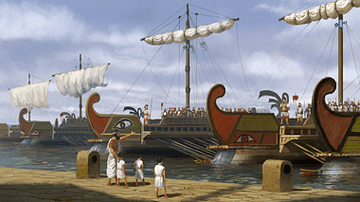
Article
Travel in the Ancient Greek World
Travel opportunities within the ancient Greek world largely depended on status and profession; nevertheless, a significant proportion of the population could, and did, travel across the Mediterranean to sell their wares, skills, go on religious...